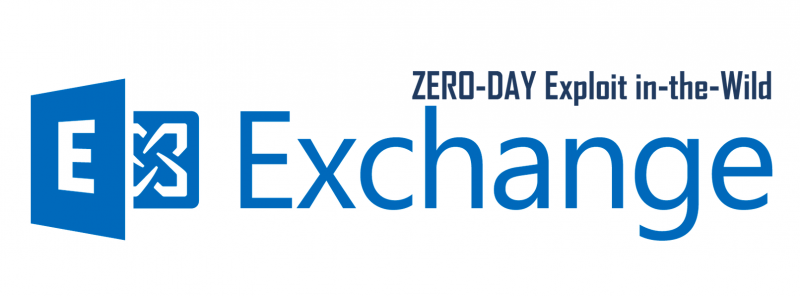A cybersecurity company based in Vietnam has reported seeing attacks exploiting a new Microsoft Exchange zero-day vulnerability, but it may just be a variation of the old ProxyShell exploit.
Vietnamese firm GTSC published a blog post this week to provide information and indicators of compromise (IoC) associated with an attack campaign leveraging what appear to be a couple of previously unknown Microsoft Exchange flaws that allow an authenticated attacker — even one with low-privileged credentials — to execute arbitrary code.
GTSC detected an attack, aimed at critical infrastructure, at the beginning of August. The attack appeared to involve at least two new flaws, to which CVSS scores of 8.8 and 6.3 have been assigned.
 The vulnerabilities were reported by GTSC to Microsoft through Trend Micro’s Zero Day Initiative (ZDI), which has prepared two advisories that it will make public at some point in the future. In addition, Trend Micro in recent days updated its products to detect exploitation attempts.
The vulnerabilities were reported by GTSC to Microsoft through Trend Micro’s Zero Day Initiative (ZDI), which has prepared two advisories that it will make public at some point in the future. In addition, Trend Micro in recent days updated its products to detect exploitation attempts.
GTSC has not made public any detailed technical information about the vulnerabilities, but it did say that the threat actor’s post-exploitation activities included the deployment of backdoors, lateral movement, and the delivery of webshells and malware. The company believes the attacks it has seen were launched by a Chinese threat group.
GTSC reported that the detected exploit requests had the same format as those used to exploit the Exchange vulnerability known as ProxyShell, which has been exploited in the wild for more than a year.
Based on this and other available information, researcher Kevin Beaumont, who has confirmed seeing a significant number of Exchange servers getting backdoored, believes it’s possible that the attacks observed by GTSC involve a new exploit, but not a new vulnerability.
One possibility is that someone has managed to create a more efficient ProxyShell exploit and they are now targeting the many Exchange servers that remain unpatched, said the researcher, who has named this activity ProxyNotShell.
“Many of the ProxyShell exploits needed a valid administrator mailbox and were clunky as hell. It is possible somebody has an exploit which works properly… and now you’re seeing unpatched servers finally get owned,” Beaumont explained.
On the other hand, the Vietnamese company claims its researchers do have experience in analyzing Exchange server vulnerabilities so it is possible that a zero-day is in fact involved.
Microsoft has not issued any advisories for these vulnerabilities. SecurityWeek has reached out to the tech giant for comment.
GTSC has shared some recommendations for preventing exploitation until official patches or guidance are released by Microsoft.
In addition, Beaumont noted, “If you don’t run Microsoft Exchange on premise, and don’t have Outlook Web App facing the internet, you are not impacted.”
UPDATE: Microsoft has confirmed two Exchange Server zero-days and is working on patches.
Related: Hackers Deploying Backdoors on Exchange Servers via ProxyShell Vulnerabilities
Related: Zero-Days Under Attack: Microsoft Plugs Exchange Server, Excel Holes













